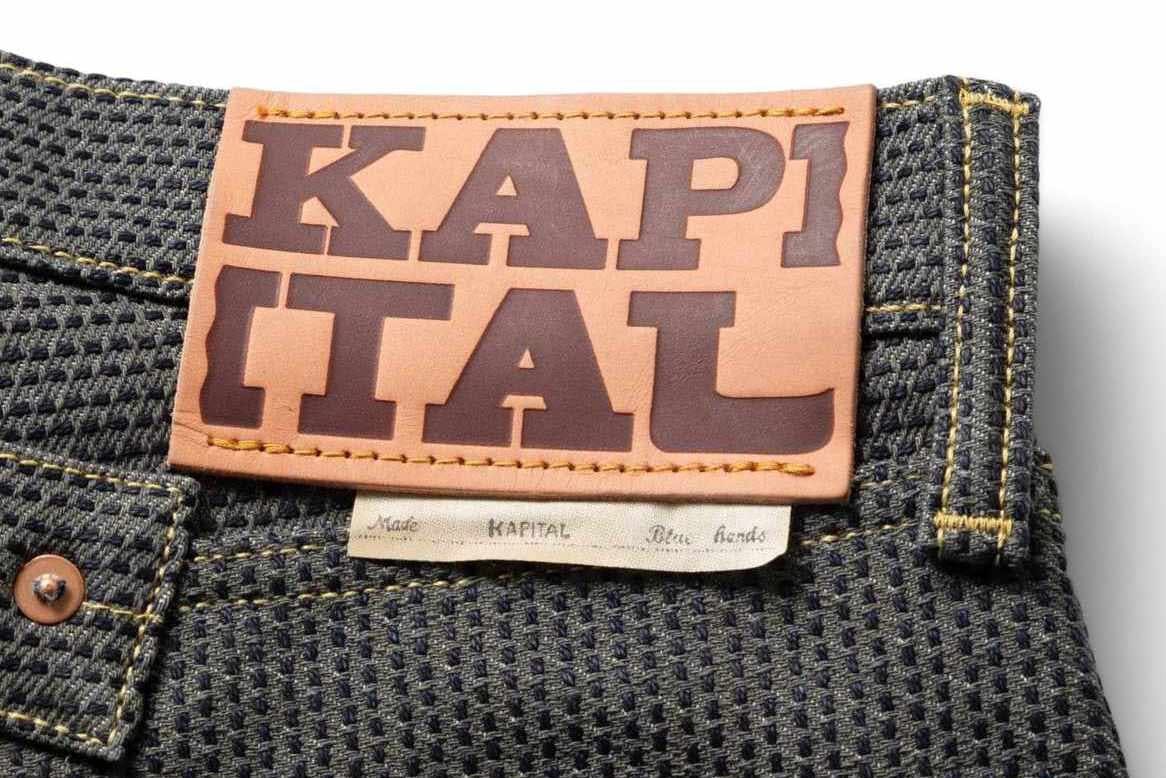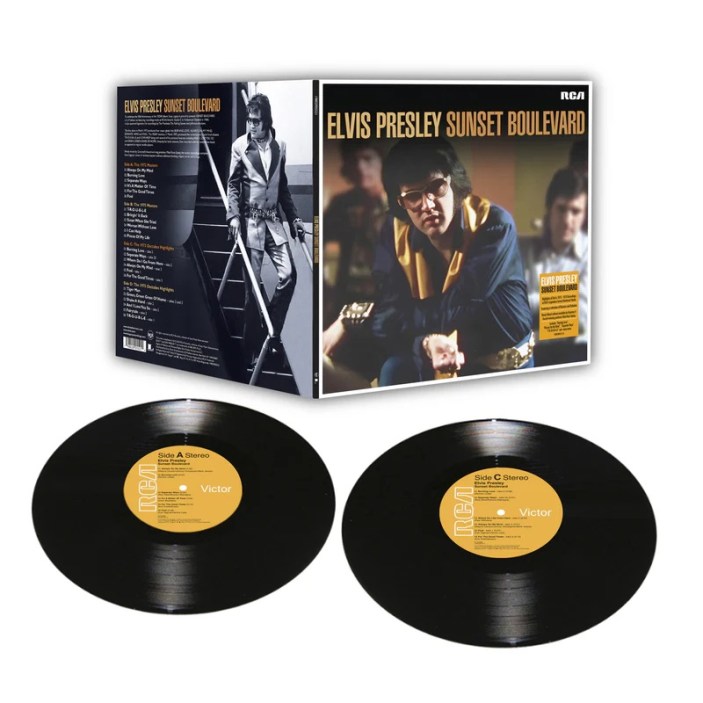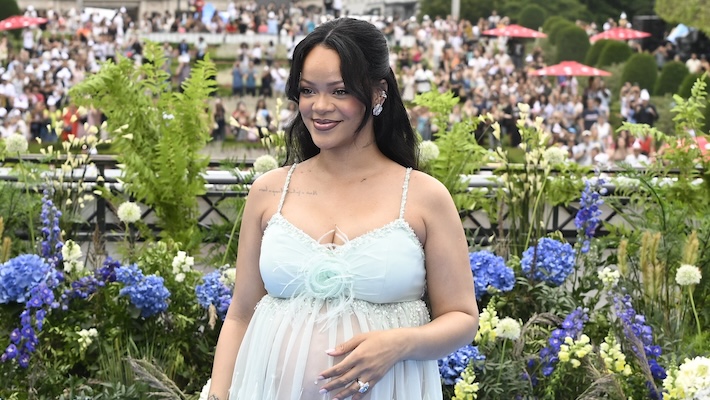
Kapital, the cult Japanese clothing brand, has been skirting the mainstream for years. And with luxury conglomerate LVMH finally come calling, perhaps it’s finally headed there.
L Catterton, the LVMH-backed investment firm, has quietly secured a majority stake in Kapital. This doesn’t entirely come out of nowhere: L Catterton is presumably angling its Kapital investment as part of a greater bid for financial inroads into Japan.
Kapital was one of the first widely recognized brands to infuse real-deal craftsmanship with serious steeze.
While peers like visvim specialize in faithful workwear reproductions, Kapital operates more in the realm of blue collar-tinged whimsy, playful enough to exist as a “fashion” brand but too serious about craft to be a mere fashion brand.
Its knowingly goofy trucker hats and skeleton-stitched denim was a late ’10s crossover hit with the streetwear set and their requisite stylistic idols — your Travis Scotts, your A$AP Rockys — but the genesis of Kapital’s international appeal can be traced to the workwear fixation of late-aughts menswear.
I recall desperately wishing I could afford (or fit into) a pair of Kapital’s signature sashiko-stitched Century Denim when I saw dudes wearing them on the SuperFuture forum, where the extant Kapital thread dates back to mid-2007.
Perhaps Kim Jones, perpetually plugged-in former Louis Vuitton creative director, felt similarly because he tapped Toshikiyo Hirata, Kapital’s late founder, and son Kiro for a semi-collaboration as part of LV’s Spring/Summer 2013 menswear collection.
Kapital’s Louis Vuitton partnership solely extended to some heavily patchworked jackets and accessories — manufactured by LV and reworked by Kapital — but it was wildly prescient, demonstrating Kapital’s innate appeal many years before the rest of the fashion world caught on.
Now, as we race towards at Kapital’s 30th anniversary in 2026, it’s perhaps the best-known Japanese workwear brand on the planet.
In terms of crossover appeal, at least, no contest: Kapital is simultaneously sold by workwear-leaning retailers, progressive boutiques, and streetwear stores across the globe, reflective of its far-reaching seasonal collections.
These offerings are too vast to sum up in mere descriptors: A single Kapital season may include baseball tees, denim motocross jeans, cargo-pocketed field shirts, knitted Coogi-style sweaters, flared track pants, Bob Marley button-ups, reversible satin bombers that can transform into pillows, and the artisanal Kountry line, famed for its outrageously textural boro-patched denim.
And that’s just to start.
The uncategorizable hippyish quirk that defines Kapital makes it feel especially odd as an LVMH investment. And this is no mere investment: L Catterton’s relatively vague website lists Kapital under the “Majority Investments” tab alongside Birkenstock, Ganni, and APC.
It’s not entirely clear exactly when LVMH’s L Catterton “took over” Kapital. The website only lists the year of investment as 2024 and the strategy as “Asia.”
That latter part seemed odd until I perused a summer 2024 report from Private Equity International, which cites a source claiming that L Catterton sought funds for “local country-focused [financial] vehicles” for India and Japan. Kapital reflects the latter market.
L Catterton appears to seek pet-related investments in regions of interest; a September 2023 announcement of “strategic investment” in Japanese veterinary company Withmal states that “L Catterton has significant experience building brands in the pet care space across the world.” Not super relevant here except to underscore that the Kapital investment is likely part of L Catterton’s larger stake in Japan.
It’s still strange that a singular label like Kapital, which tends to thrive in its own lane, would take on L Catterton as a majority investor.
The reveal of L Catterton as Kapital’s new boss bummed out a few people on a Japanese streetwear subreddit, one of the few outlets discussing the reveal.
I get it — the idea of your favorite indie label getting snapped up by the big fish sounds like the end of an era. But if it’s any relief, Kapital fans, I wouldn’t sweat it.
Firstly, it should be obvious that Kapital plays only by its own rules. It is famously difficult — among buyers, at least — to secure an account with Kapital. That is, Kapital is very selective with the stores it allows to sell its clothes. There’s a conspicuous lack of Kapital at certain big-time retailers and it’s not because they don’t want it.
Secondly, and as crazy as it feels to stick my neck out for a giant multi-billion-dollar conglomerate, L Catterton and LVMH, by extension, know how to guide winning brands. Whatever adherence to share prices Birkenstock may have since its L Catterton acquisition, its leather sandals are still German-made. These big shots know better than to mess with success.
Why should Kapital be any different?



